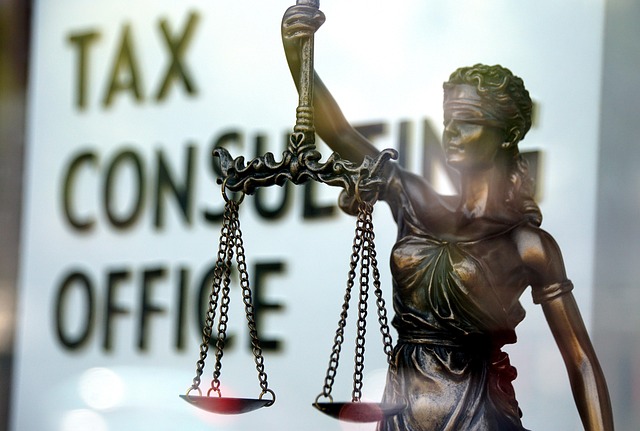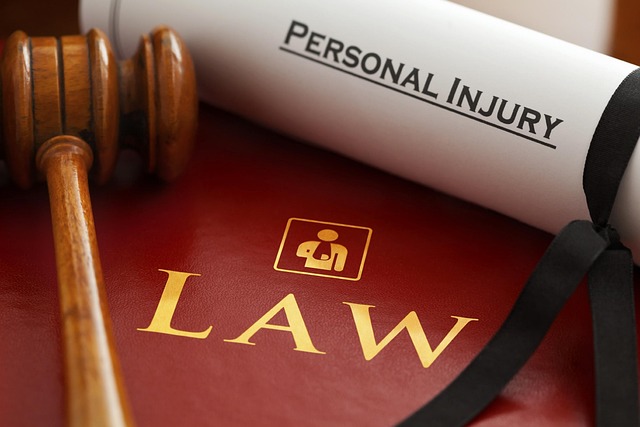After an office injury, assess harm and understand legal rights. Gather evidence, document details, and consult a lawyer for severe or negligence cases. Office injury lawyers guide through complex disputes, clarify rights, and advocate for fair settlements. Prior case settlements offer compensation benchmarks.
Before calling an office injury lawyer, take crucial steps to ensure a solid case. First, evaluate your workplace injury and understand your rights under labor laws. Next, gather evidence—photos, witness statements, medical records—and document details of the incident. Then, determine if legal action is necessary. A well-informed decision starts with these steps to secure the best outcome for your situation.
- Evaluate Your Workplace Injury and Rights
- Gather Evidence and Document Details
- Determine If Legal Action Is Necessary
Evaluate Your Workplace Injury and Rights

After experiencing an office injury, it’s crucial to take a moment and evaluate the extent of your harm and your rights under the law. The first step is to assess the nature of your injury—is it a minor sprain or a more severe fracture? Understanding the severity will guide your next actions, including whether to seek immediate medical attention. Remember, even seemingly minor injuries can have significant implications for your ability to work and your overall well-being.
Additionally, familiarize yourself with your rights as an employee. Depending on your location and workplace policies, you might be entitled to workers’ compensation benefits, which can cover medical expenses and a portion of your income during recovery. If the injury was caused by another party’s negligence, such as a slip and fall accident or medical malpractice, consulting with an office injury lawyer is advisable. They can help determine if pursuing legal action, including seeking damages for pain and suffering or medical malpractice compensation, is the right course of action.
Gather Evidence and Document Details

After ensuring your safety and seeking immediate medical attention, one of the crucial steps in dealing with a potential legal case is to gather evidence and document relevant details. This process plays a significant role when considering whether to hire an office injury lawyer. Start by collecting any physical evidence related to the incident—for instance, photographs of the hazardous condition that led to your injury or damage to personal items. Additionally, keep records of all medical treatments received, including bills and doctors’ notes.
Documenting witness statements is equally vital; get contact information from anyone who witnessed the event. These accounts can corroborate your version of events and strengthen your case for injury compensation. Furthermore, maintain a detailed journal of your experiences, symptoms, and any difficulties encountered post-incident, especially if dealing with a defective product injury or an Orlando auto accident. This documentation will be invaluable when presenting your case to an office injury lawyer.
Determine If Legal Action Is Necessary

After an injury at work, it’s natural to feel overwhelmed and unsure of your next steps. The first crucial consideration is to assess whether your situation warrants legal action. Not all workplace incidents lead to a need for an office injury lawyer. However, if you’ve experienced a severe or persistent injury, especially if it was caused by negligence or unsafe working conditions, consulting legal counsel is essential.
Employment disputes can be complex, and seeking expert advice early on is beneficial. An office injury lawyer will help you understand your rights, guide you through the claims process, and fight for a fair settlement—whether it’s related to an everyday slip-and-fall incident or a more serious case of truck accident injuries. Keep in mind that previous settlements for similar truck accident cases can provide valuable insights into potential compensation.
Before reaching out to an office injury lawyer, thoroughly evaluate your situation by understanding your workplace rights and the severity of your injury. Gather all relevant evidence and documentation to support your case. If legal action seems necessary, consult with a qualified attorney specializing in office injury cases to protect your rights and seek the compensation you deserve.






